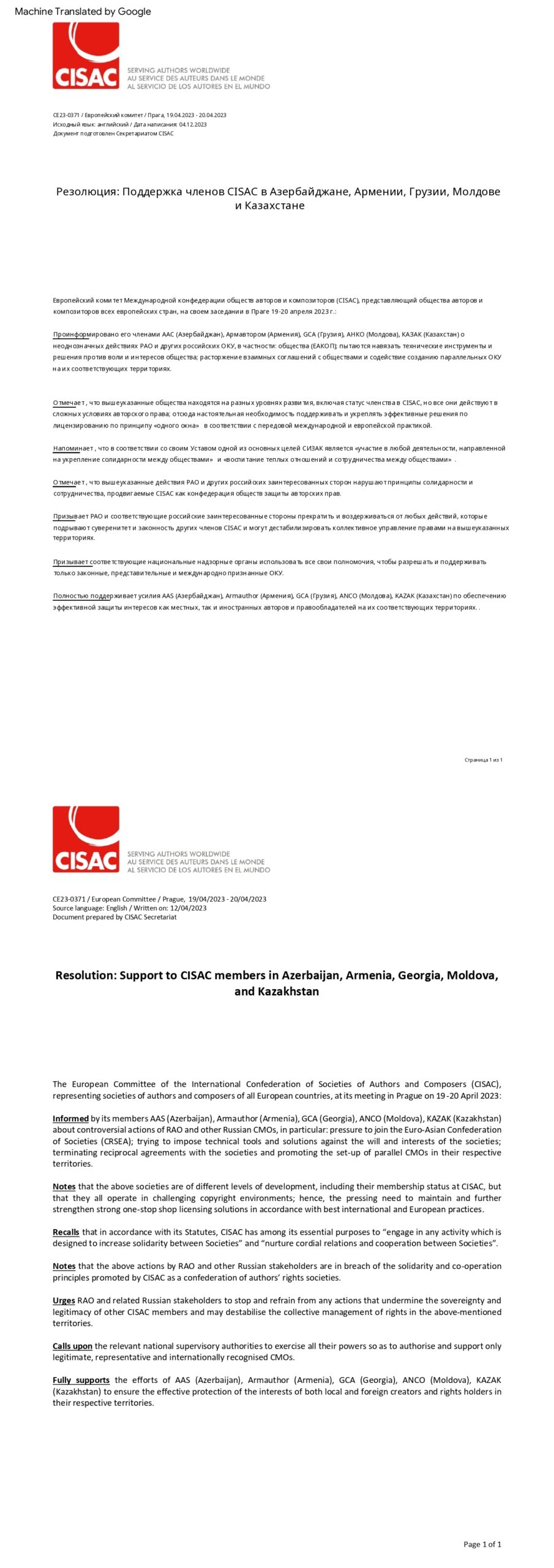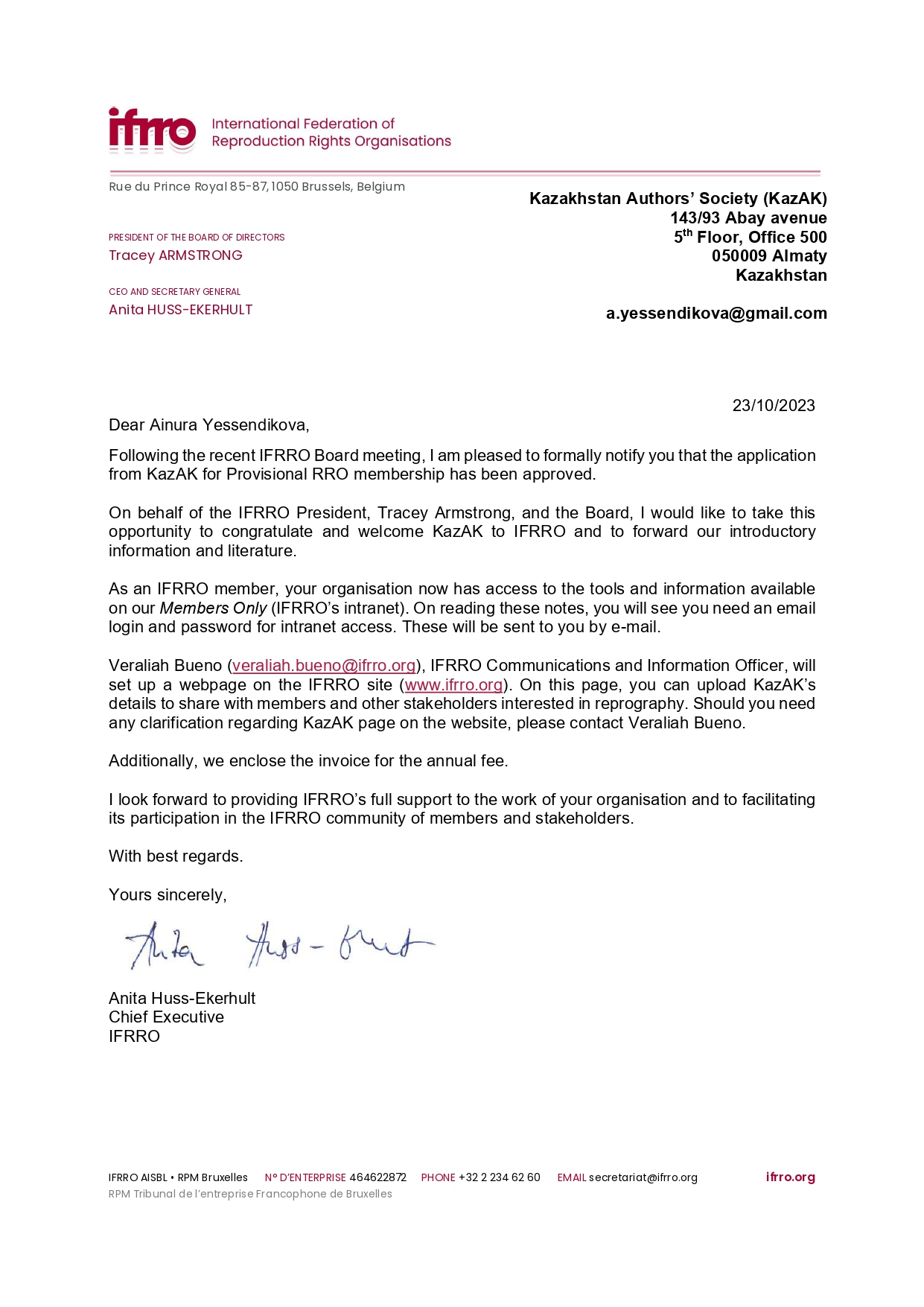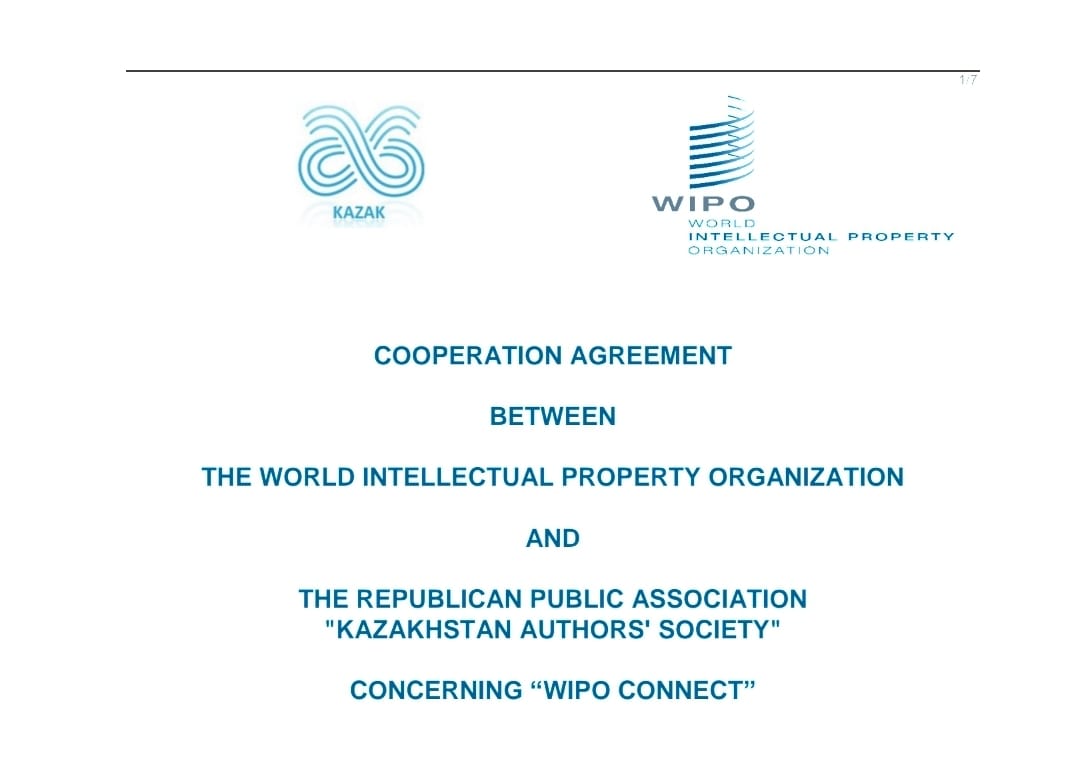FAQ
Какие произведения относятся к репертуару КазАК. Какие документы необходимы для заключения лицензионного договора. Какие основные обязанности пользователя по договору. Если в кафе музыка звучит через радиоприемник, должен ли владелец кафе заключать договор и оплачивать гонорар за публичное исполнение в кафе?
Казахстанское авторское общество является по организационно- правовой форме республиканским общественным объединением, по роду деятельности – организацией по управлению имущественными правами авторов. КазАК создано в 1997 году представителями творческой интеллигенции Казахстана для управления их имущественными авторскими правами и защиты этих прав. Функции КазАК, как организации по управлению имущественными правами авторов, прописаны в Законе РК Об авторском праве и смежных правах, — выдача разрешений пользователям объектов авторского права на использование произведений, сбор, распределение и выплата авторского вознаграждения, осуществление всех необходимых юридических действий для защиты имущественных прав авторов. Согласно положений действующего авторского законодательства управлять имущественными правами авторов имеет право только общественная организация, т.е. организация самих авторов. Это связано с тем, что авторское право является частным правом авторов.
В настоящее время КазАК на основании заключенных письменных договоров представляет на территории Республики Казахстана интересы более 2500 казахстанских авторов, а также зарубежных авторов, являющихся членами зарубежных авторских обществ из 138 стран мира, в том числе таких как США, Россия, Англия, Франция, Япония, Испания, Италия и др. Кроме того, КазАК как организация по коллективному управлению имущественными правами, на основании ст. 44 Закона РК Об авторском праве и смежных правах вправе выдавать разрешения на использование произведений всех имеющихся авторов, т.е. на весь мировой репертуар, до тех пор, пока какой-либо автор не изымет свои произведения из лицензий КазАК и не запретит выдачу разрешений на использование его произведений. Однако на данный момент ни один казахстанский или зарубежный автор не обращался в КазАК с просьбой не выдавать разрешений на использование его произведений. Следовательно, заключив лицензионный договор с КазАК Вы можете использовать любые произведения. Заключение лицензионного договора с КазАК и надлежащее выполнение его условий является основанием для законного использования произведений авторов путем публичного исполнения и основанием для непривлечения пользователя к ответственности за незаконное использование объектов авторского права путем публичного исполнения.
Для заключения лицензионного договора пользователю необходимо направить почтой или по факсу письмо на имя Председателя КазАК с просьбой заключить лицензионный договор с указанием адреса и рода деятельности объекта, на котором используются произведения авторов. К заявлению необходимо приложить копии следующих документов:
для юридических лиц:
- свидетельства о гос. регистрации юр. лица
- копию стат. карты
- копия устава
- копия РНН
- копию правоустанавливающего документа на здание кафе, ресторана и т.д. или договора аренды.
- копия доверенности, если договор подписывается доверенным лицом и копия удостоверения личности доверенного лица
для индивидуальных предпринимателей:
- свидетельства о гос. регистрации ИП
- копию удостоверения личности ИП
- копия РНН
- копию правоустанавливающего документа на здание кафе, ресторана и т.д. или договора аренды
- копия доверенности, если договор подписывается доверенным лицом и копия удостоверения личности доверенного лица
По получении указанных документов КазАК направляет пользователю для подписания два экземпляра лицензионного договора.
По договору у пользователя (владельца кафе, ресторана и т.д.) два основных обязательства – 1) это оплачивать авторское вознаграждение и 2) предоставлять документацию об использованных произведениях.
Авторское вознаграждение за использование произведений путем публичного исполнения должно выплачиваться независимо от получения или неполучения пользователем дохода от использования произведений, либо от способа использования -использования произведений в живом исполнении или с помощью технических средств (радио, музыкальных центров, телевизоров и т.п.).
Мы купили лицензионный диск, можем ли мы с помощью музыкального центра озвучивать в кафе песни записанные на этом диске без оплаты авторского вознаграждения и без согласия автора на основании п. 3 ст. 16 Закона РК Об авторском праве?
п. 3 ст. 16 Закона РК Об авторском праве и смежных правах гласит, что если экземпляры правомерно опубликованного произведения введены в гражданский оборот посредством их продажи, то допускается их дальнейшее распространение без согласия автора и без выплаты вознаграждения. Согласно ст. 16 Закона распространение – это продажа, сдача внаем (прокат) оригинала или экземпляров произведения. В соответствии со ст. 2 Закона экземпляр произведения – это копия произведения, изготовленная в любой материальной форме. Из изложенного вытекает, что если пользователь купил законный экземпляр произведения (например, книгу, аудиокассету с записью произведения), то он может без получения согласия автора и без выплаты авторского вознаграждения дальше продать, подарить, т.е. использовать путем распространения, принадлежащий Вам на праве собственности материальный носитель произведения (книгу, аудиокассету).
Однако в кафе произведения используются путем публичного исполнения, а не путем распространения, поэтому указанная норма Закона не может быть основанием для освобождения от оплаты авторского вознаграждения за использование произведений путем публичного исполнения в кафе.
Кроме того согласно п. 5 ст. 6 Закона авторское право не связано с правом собственности на материальный носитель, в котором выражено произведение. Если пользователь купил материальный носитель с записью произведения (аудиокассету, диск), это не означает, что им получено право на коммерческое использование произведений, записанных на этом материальном носителе. Авторские права на произведения, в том числе право на получение авторского вознаграждения за каждый вид использования произведения всегда остаются за автором.
Поэтому Пользователь для законного использования записанного на материальном носителе (аудиокассете, диске) произведения путем публичного исполнения, должен получить разрешение автора или организации по управлению имущественными правами авторов на коллективной основе путем заключения авторского или лицензионного договора и оплачивать соответствующее авторское вознаграждение за использование произведения путем публичного исполнения.
Размещен ли репертуар КазАК на его официальном сайте?
Да, размещен. Как Вам известно, репертуар КазАК состоит из 2 разделов:
- произведения отечественных авторов;
- произведения зарубежных авторов.
С отечественным репертуаром можно ознакомиться в разделе сайта «АВТОР». В подразделе «РЕПЕРТУАР» имеется два реестра:
- Реестр казахстанских правообладателей и репертуаров: драматургов, авторов музыки, текстов, хореографов, художников, поэтов, юмористов и сатириков. В членстве КазАК состоят около 2500 авторов и в базе данных имеются около 45 000 их произведений, все они отражены в этой базе данных.
- В указанном тут же реестре зарубежных правообладателей и репертуаров размещены ссылки на репертуары зарубежных обществ, как российское РАО, Соединенных штатов АSKAP, BMI, немецкая GEMA, испанская SGAE и других. Так как их репертуар часто используется у нас в стране и пользователи часто интересуются их авторами, мы решили вывести их в подраздел «РЕПЕРТУАР», чтобы облегчить пользователям поиск.
Но зарубежный репертуар КазАК, как Вы знаете, указанными не ограничивается. Чтобы ознакомиться с репертуаром других стран нужно открыть раздел «Международные связи» и нажать на нужную страну (общество), репертуаром которого интересуетесь (например, JASRAC, Япония), в подразделах “Соглашения с обществами стран СНГ», «Соглашения с обществами дальнего зарубежья»,и прямая ссылка поможет вам найти необходимую информацию.
Если интересуетесь музыкальными произведениями, написанными для аудиовизуальных произведений, то с ними можно ознакомиться по базе данных ISAN и IDA. Они видны на каждой странице сайта.
На нашей электроной базе данных, так называемой «Всемирный список авторов» (IPI), зарегистрировано около 2,5 миллиона авторов, а во «Всемирном списке произведений» (WID) – около 15 миллионов объектов. Но они, так же как CIS-Nет, размещенный на 1-странице, являются базой данных СISАC и доступны только КазАК по специальному паролю.
Скажите, пожалуйста, наличие удостоверения о прохождении аккредитации в Комитете по интеллектуальной собственности Министерства юстиции РК дает ли право авторскому или исполнительскому обществу осуществлять сборы авторского или исполнительского вознаграждения за зарубежных правообладателей, если даже они не передавали им такое полномочие?
Как Вы знаете, авторское право – это частное право, поэтому общество создается непосредственно самими авторами и работают на основании представленного полномочия автором по договору. А права зарубежных авторов охраняются на основании двусторонего соглашения с аналогичными обществами о взаимном представительстве интересов своих членов (п4. Ст.43 Закона ). А аккредитация дает право обществу осуществлять сбор вознаграждения и тем авторам, которые не подписали договор с обществом, но до тех пор, пока автор не исключит свои произведения из разрешения. Например, в членстве КазАК состоят более 2500 авторов, но есть еще молодые авторы (скажем 10-15 авторов или больше), не успевшие подписать договор с обществом: либо не знают о своем праве, либо проживают где-то в регионе и не могут связаться и т.д. В случае наличия аккредитации, сбор за них не является нарушением. Но если создается новое общество, в членстве которого всего 10-15 авторов, конечно, оно не в праве претендовать на осуществление сбора от имени всех авторов Казахстана, которые состоят в членстве КазАК. Тут аккредитация не поможет.
То же самое можно сказать о зарубежных авторах. Согласно двусторонним соглашениям с зарубежными авторскими обществами КазАК представляет интересы авторов 138 стран мира. Если у нас в стране используются произведения каких-либо авторов, не являющихся авторами указанных стран, то они, естественно, тоже должны быть защищены. Обычно, разыскав таких авторов по всемирной базе данных, мы переписывемся с соответствующим обществом и подписываем договор. Договор обязателен для того, чтобы выплатить причитающуюся сумму вознаграждения автору. Не имея договора, не сможешь выплатить. При наличии соглашения имеешь право на сбор и без аккредитации, также можешь осуществить выплату. Значит, прерогативу имеет двустороний договор.










